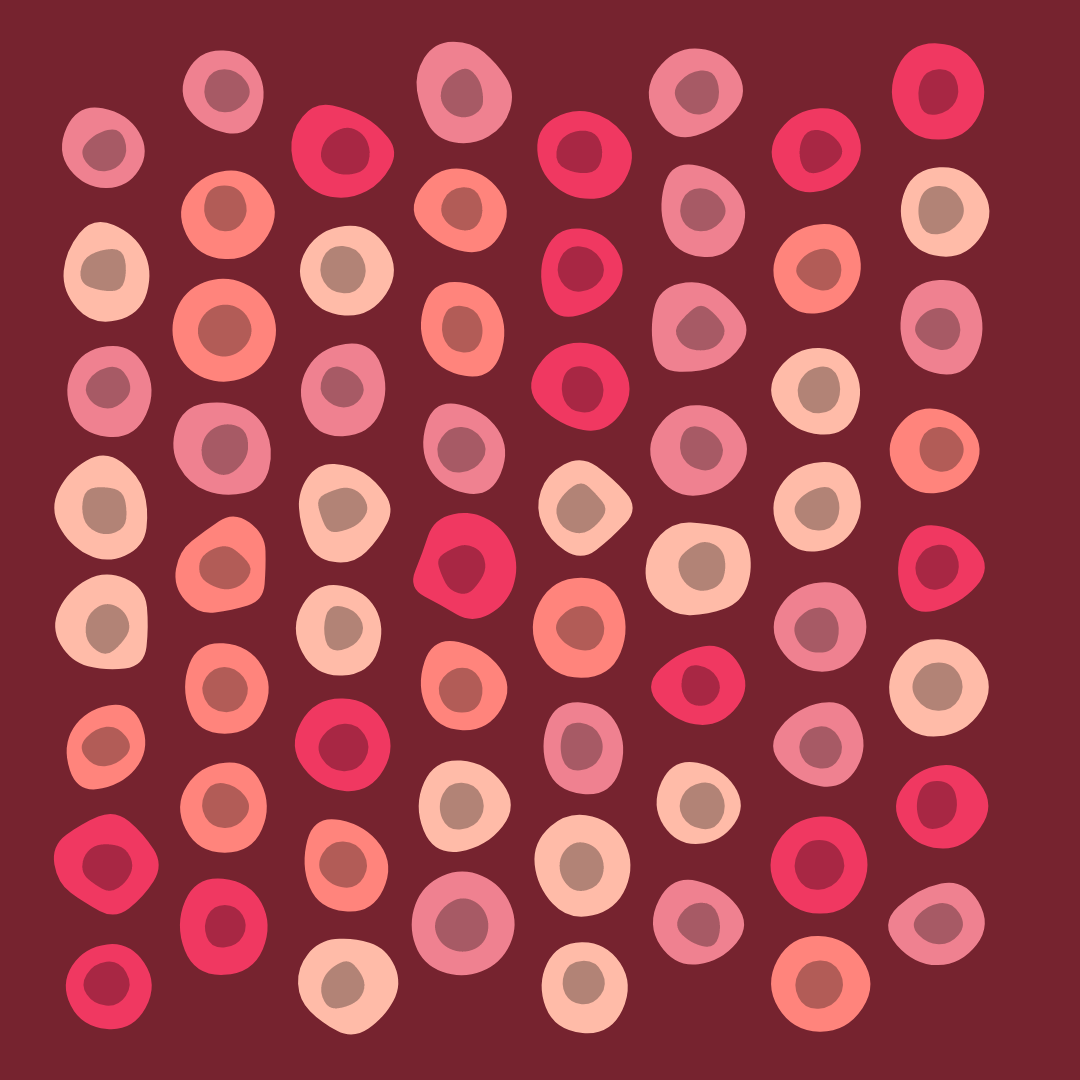First Day of a ‘New Life’ for a Boy With Sickle Cell
By Gina Kolata,
The New York Times
| 09. 16. 2024
There was supposed to be a special party for Kendric Cromer, 12, last Wednesday, but it had to be postponed because he was too groggy to celebrate.
It was meant to mark the first day of his new life — the day he became one of the first children ever to be treated with a newly approved gene therapy that will free him from the sickle cell disease that has stolen his childhood.
On Sept. 11, despite the excitement of the moment, Kendric was unable to keep his eyes open as he lay in his hospital bed at Children’s National Hospital in Washington because of the drugs he had been given in preparation for his treatment.
His life with the disease has been punctuated by episodes of excruciating pain, requiring days in the hospital as doctors tried to control it. Sickle cell eroded his hip bones. It prevented him from riding a bike or playing soccer or even going outside when the temperature was below 55 degrees Fahrenheit because cold often brought on intense pain.
Now he could see a...
Related Articles
By staff, Japan Times | 12.04.2025
Japan plans to introduce a ban with penalties on implanting a genome-edited fertilized human egg into the womb of a human or another animal amid concerns over "designer babies."
A government expert panel broadly approved a proposal, including the ban...
By David Jensen, The California Stem Cell Report | 12.11.2025
California’s stem cell and gene therapy agency today approved spending $207 million more on training and education, sidestepping the possibility of using the cash to directly support revolutionary research that has been slashed and endangered by the Trump administration.
Directors...
By Tina Stevens, CounterPunch | 12.11.2025
Silicon Valley and other high tech billionaires are investing millions in start-ups dedicated to creating genetically engineered (GE) babies, according to a recent Wall Street Journal (WSJ) report. AI mogul Sam Altman, cryptocurrency entrepreneur Brian Armstrong, venture capitalist Peter...
By Jenny Lange, BioNews | 12.01.2025
A UK toddler with a rare genetic condition was the first person to receive a new gene therapy that appears to halt disease progression.
Oliver, now three years old, has Hunter syndrome, an inherited genetic disorder that leads to physical...




